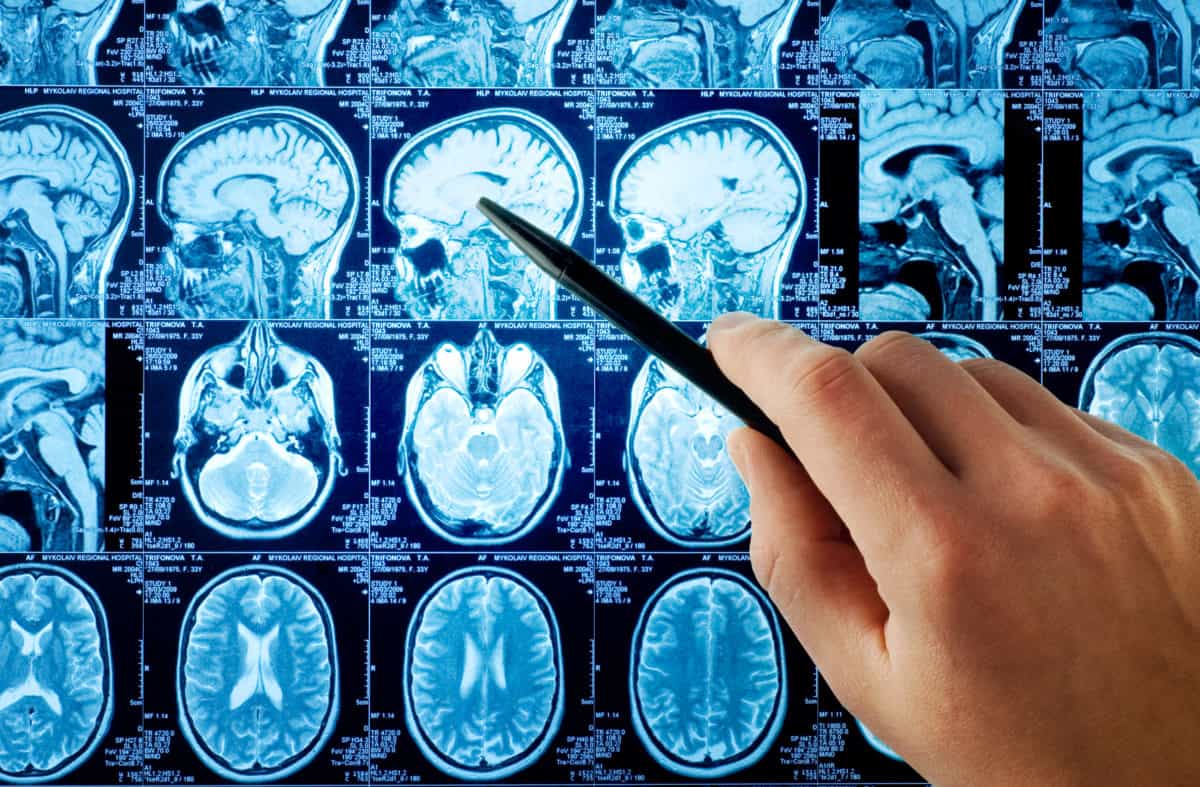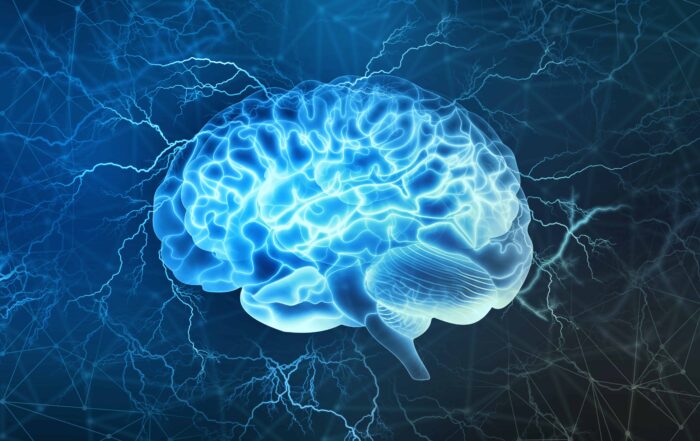Inflammation of the brain during early development is strongly linked to autism spectrum disorders (ASD), and a new study points to specific brain cells that appear to be impacted to the greatest degree.
Seth Ament and colleagues studied postmortem brain tissues from 17 children who died when they were between one and five years of age. Eight of the children died as a result of conditions involving inflammation, and nine died as a result of accidents. The donors were similar in age, gender, ethnicity, and time since death, and none had been diagnosed with a neurological disorder prior to death.

The researchers used a technology called single-cell genomics to look at the effects of inflammation on the cellular level. They discovered that inflammation in early childhood prevents two specific types of neurons in the cerebellum, the Golgi and Purkinje neurons, from maturing fully. The cerebellum is a brain region involved in motor function and cognitive skills including language, social skills, and emotional regulation. Multiple studies have linked abnormalities of this region to ASD.
Ament says, “We looked at the cerebellum because it is one of the first brain regions to begin developing and one of the last to reach its maturity, but it remains understudied.” He adds, “The gene expression in the cerebella of children with inflammation were remarkably consistent.”
Ament notes, “During development, Purkinje neurons form synapses connecting the cerebellum to other brain regions involved in cognition or emotional control, while Golgi neurons coordinate communication between cells within the cerebellum. Disruption of either of these developmental processes could explain how inflammation contributes to conditions like ASD and schizophrenia.”
This article originally appeared in Autism Research Review International, Vol. 37, No.4, 2023
Early exposure to pollutants may alter brain’s development
A new study suggests that exposure to air pollutants before birth and during childhood may lead to alterations in white matter microstructure in the brain. Abnormal white matter microstructure has been
Widespread changes detected in the cerebral cortex in autism
New research indicates that in autism spectrum disorders (ASD), changes at the molecular level are present throughout the cerebral cortex rather than solely in cortical regions associated with language and
Amygdala overgrowth in infancy found in children who later develop ASD
The amygdala—a region of the brain that helps to interpret the social and emotional meaning of sensory input—grows abnormally rapidly in young infants who later develop autism, according to recent research. Mark
Drug may reduce ASD symptoms in young children by altering GABA/glutamate ratio in brain
A prescription drug used to treat edema (fluid buildup in the body) appears to reduce some symptoms of autism spectrum disorder (ASD) in young children by altering the
Environmental Influences and ASD – Jamie DeWitt, PhD
Free certificates of participation are available upon successful completion of a brief knowledge quiz at: https://www.classmarker.com/online-test/start/?quiz=7xy5a6811f30f141 Published: 01/24/2018 The DeWitt Laboratory in the Department of Pharmacology and Toxicology at the Brody
Increased reaction to stress with GI symptoms
Dr. Beversdorf graduated from Indiana University and completed Neurology residency at Dartmouth. After his fellowship in Behavioral Neurology at University of Florida, he joined the







